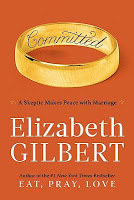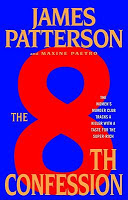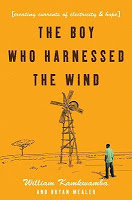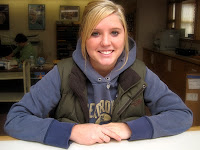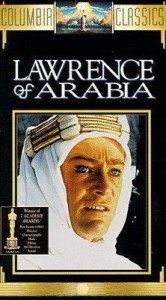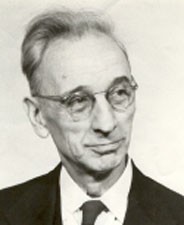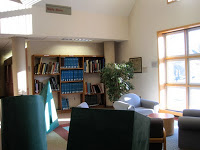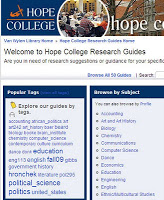If you have ever used any resource provided by Van Wylen library, whether print or electronic, you owe your access to that resource to Technical Services and Systems. This department of the library, housed on the first floor, has two functions. The technical services aspect is responsible for ordering, cataloging, and processing new materials in addition to handling journal subscriptions. The systems aspect maintains the library software system, all the computers in the library, the library website, and electronic database subscriptions.
There are seven employees who work in Technical Services along with many student workers. Brian Yost, the head of Technical Services, has been with the library for 13 years. He began as a systems librarian working with computers, which he felt was a perfect fit. “I liked computer things but I also liked learning and reading and books, so systems work especially seemed like a good combination,” Yost said.
Because of the ever-changing nature of technology, Technical Services constantly has to adapt in order to stay up-to-date. Yost considers this to be one of the most interesting aspects of working in Technical Services.
“In terms of how we get access, nothing stays the same every year,” Yost said. “We had no idea five years ago the kind of things we would have access to electronically, and five years from now the electronic information resources will significantly increase.”
Gloria Slaughter is another Technical Services librarian. She began working for the library 21 years ago, and since that time has seen a significant change in Technical Services. When she began, the library subscribed to about 1200 print titles and had no electronic journals or databases. Now, the library has around 400 print subscriptions and access to over 42,000 electronically. With the electronic resources came new tasks, such as setting up access and figuring out licensing agreements. She also maintains the journals list on the library website and works with the linking that helps guide users to full-text articles. This is one of the major things that has changed in her 21 years at the library.
“You used to have to always come here to access the journals,” Slaughter said. “They were in print, bound, on microfiche or microfilm. Now the majority of information can be accessed anywhere.”
One of Slaughter’s favorite parts about working in Technical Services is the variety of tasks and problems she is faced with. “Things are constantly changing,” Slaughter said. “You have to do this part, then this part, then this part, and they all have to work together. It’s never the same thing.”
Derek Broyhill is one of Technical Services newest employees. He began to work for the library in July 2009 and does many things related to library technology, such as helping Yost manage the library system, maintaining HopeCat, providing technical support to library staff members, and maintaining all the computers in the library. He also designed and maintains the updated library website.
Broyhill, like Slaughter, enjoys the range of work he is able to do. “It’s never a dull moment,” Broyhill said. “There’s such a variety of things that I can any given day do something completely different than the previous day. It’s always interesting.”


